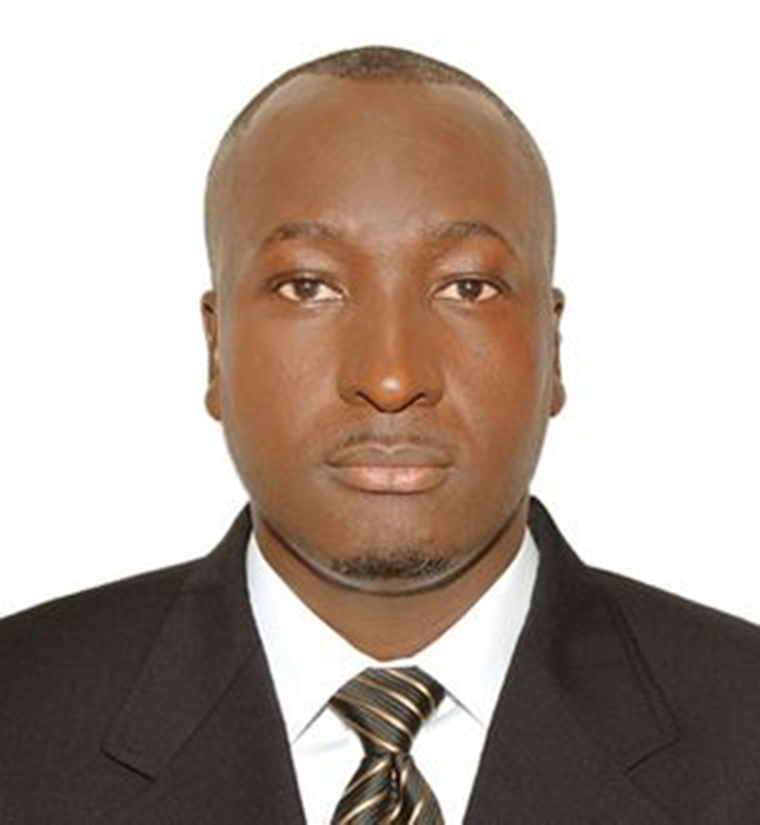Published: March 20, 2013
The organisation’s director believes that West Africa, and Senegal in particular, is ready to reap the benefits of Islamic finance.
Although the idea has been floated for a few years, Islamic finance is finally making real inroads in West Africa.
With a Muslim population accounting for about 52% of the regional total, and a strong need for new funding across many sectors, the potential for a new form of finance are clear. Leading the way is Senegal, home of the African Institute of Islamic Finance (AIIF).
The organisation has spent the past four years providing training and promoting the benefits of Islamic finance to governments and regional institutions. Lamine Mbacke, the organisation’s director, tells EMEA Finance about the progress being made.
What made you decide to found the African Institute of Islamic Finance?
I discovered Islamic finance during my time at Citibank – Citi Islamic. When I resigned I had the opportunity to meet with Dr Mahatir of Malaysia [the long-time-ruling former prime minister], in 2006, and we spoke about my interest in developing Islamic finance in West Africa. He recommended that I meet with the Institute of Islamic Finance of Malaysia. I met with the director and had the idea of starting the same thing in Senegal and West Africa. The AIIF was founded in 2009.
Why West Africa?
For two reasons. Most West African countries have a big Muslim population; in the case of Senegal, the figure is 95%. Secondly, while reading into the potential for Islamic finance, I noticed that the Gulf Cooperation Council (GCC) was looking to invest in emerging markets. Senegal and the other West African countries have everything to finance, from infrastructure to agriculture and everything else. That blend made me think that the potential was there.
Has the government been supportive of your efforts?
When we started the institute I organised an Islamic finance forum, to raise awareness about its potential and to trigger political will from the government, which we succeeded in doing. That first forum was attended by the head of state, the former president and also Islamic Development Bank (IDB) president Mohamed Ali. There were also representatives from the World Bank, the IMF and most other institutions, public and private, in West Africa.
The IDB financed a programme to help adapt the regulatory environment to Islamic finance. They also provided some training, which they have being pushing with the Ministry of Finance. The Ministry of Finance, which was my partner in organising the forum, was looking for a private partner like us to take the initiative of developing Islamic finance.
The idea has been floated of the Senegalese government launching a sukuk. Is this likely to happen soon?
After the first or second forum, the government of Senegal decided to issue a sukuk. But then there was regime change and the new government suspended it, although I think it is just a postponement. My understanding is that the maturity of the sukuk was too small – two years or one year – and they need a longer maturity to finance long-term assets.
Do you think that heightened EM risk appetites would allow the sukuk longer maturity today?
Yes, that’s what we think. Senegal has relative political stability. And in this year’s forum we focused on the role of Islamic finance in infrastructure and microfinance and discovered that there are great opportunities in those areas.
How do you envisage Senegal’s Islamic finance industry developing in the medium term?
On both fronts, sukuk and general Islamic finance, Senegal has made big strides as far as regulatory change is concerned. We are dancing very fast.
The Islamic Bank of Senegal has been bought by IDB Group and Bank Asya of Turkey, and they are turning it into a full Islamic bank. The government is still interested in sukuk, if they have good offers. Things are moving, but we just have a shortage of experts.
This is why the AIIF is fighting very hard to train people. To date we’ve trained almost 450 experts in the West Africa region in Islamic finance. Those that we train are mainly bankers, finance directors or CEOs of companies – people who already have a good basis in conventional finance and want to turn their bank or insurance company towards Islamic finance.
Things could happen very fast, but it’s very much dependent on the training.


